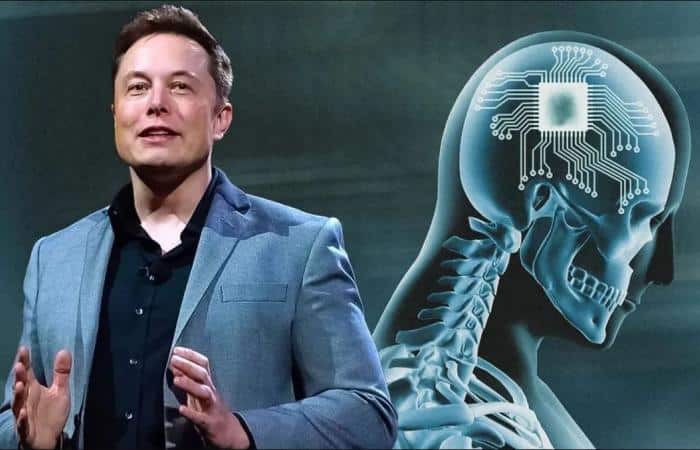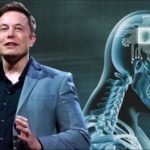Neuralink reports that the FDA has approved a human clinical trial

The Link, a brain implant being developed by Neuralink, intends to enable individuals with severe paralysis to operate external technology only utilizing neural impulses.
Neuralink, the neurotech startup co-founded by Elon Musk, announced Thursday it has received approval from the Food and Drug Administration to conduct its first in-human clinical study.
Neuralink is building a brain implant called the Link, which aims to help patients with severe paralysis control external technologies using only neural signals. This means patients with severe degenerative diseases like ALS could eventually regain their ability to communicate with loved ones by moving cursors and typing with their minds.
“This is the result of incredible work by the Neuralink team in close collaboration with the FDA and represents an important first step that will one day allow our technology to help many people,” the company wrote in a tweet.
The FDA and Neuralink did not immediately respond to CNBC’s request for comment. The extent of the approved trial is not known. Neuralink said in a tweet that patient recruitment for its clinical trial is not open yet.
Neuralink is part of the emerging brain-computer interface, or BCI, industry. A BCI is a system that deciphers brain signals and translates them into commands for external technologies. Neuralink is perhaps the best-known name in the space thanks to the high profile of Musk, who is also the CEO of Tesla, SpaceX and Twitter.
Scientists have been studying BCI technology for decades, and several companies have developed promising systems that they hope to bring to market. But receiving FDA approval for a commercial medical device is no small task — it requires companies to successfully conduct several extremely thorough rounds of testing and data safety collection.
No BCI company has managed to clinch the FDA’s final seal of approval. But by receiving the go-ahead for a study with human patients, Neuralink is one step closer to market.
Neuralink’s BCI will require patients to undergo invasive brain surgery. Its system centers around the Link, a small circular implant that processes and translates neural signals. The Link is connected to a series of thin, flexible threads inserted directly into the brain tissue where they detect neural signals.
Patients with Neuralink devices will learn to control it using the Neuralink app. Patients will then be able to control external mice and keyboards through a Bluetooth connection, according to the company’s website.
The FDA’s approval for an in-human study is a significant win for Neuralink after a series of recent hurdles at the company. In February, the U.S. Department of Transportation confirmed to CNBC that it had opened an investigation into Neuralink for allegedly packaging and transporting contaminated hardware in an unsafe manner. Reuters reported in March that the FDA had rejected Neuralink’s application for human trials, and reportedly outlined “dozens” of issues the company needed to address.
Neuralink has also come under fire from activist groups for its alleged treatment of animals. The Physician’s Committee for Responsible Medicine, which advocates against animal testing, has repeatedly called on Musk to release details about experiments on monkeys that had resulted in internal bleeding, paralysis, chronic infections, seizures, declining psychological health and death.
A representative for PCRM did not immediately respond to CNBC’s request for comment.
In addition to helping patients with paralysis, experts believe BCIs could someday help treat maladies like blindness and mental illness. Musk has expressed his intent for Neuralink to explore these future use cases, as well as potential applications for healthy people.
At a “show and tell” recruitment event late last year, Musk even claimed he plans to someday receive one of Neuralink’s implants himself.
“You could have a Neuralink device implanted right now and you wouldn’t even know,” Musk said at the time. “In fact, in one of these demos, I will.”
Source: CNBC.com










